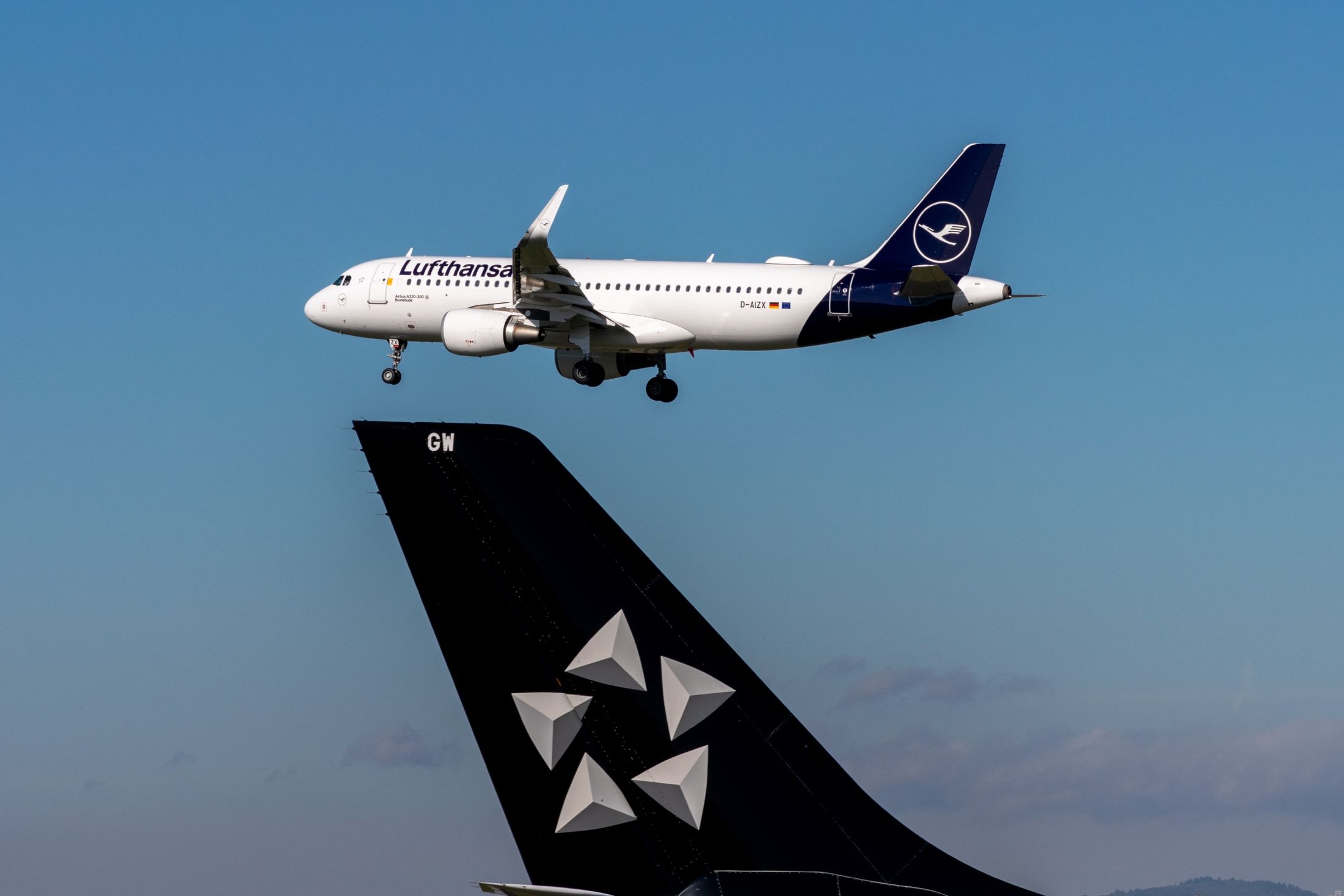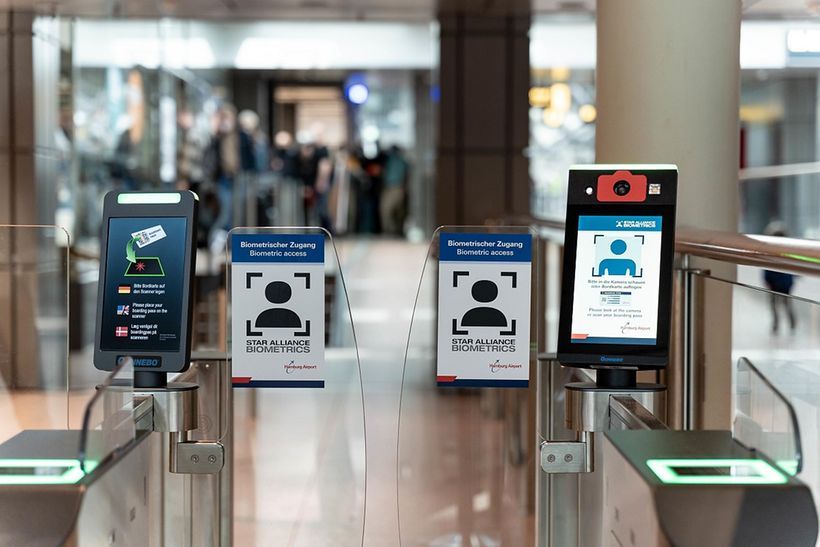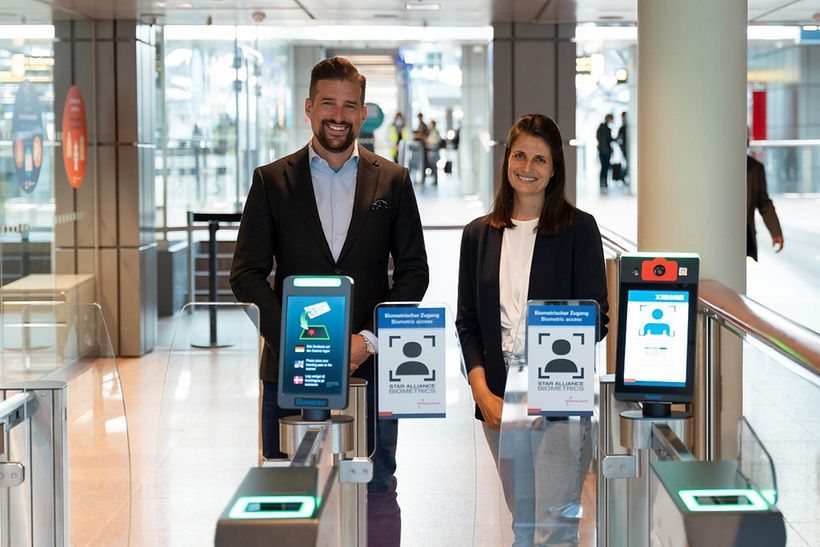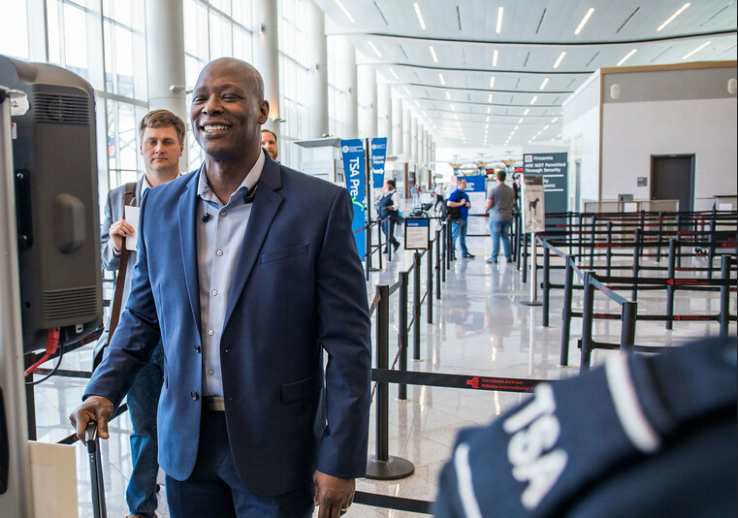Star Alliance has added a fourth airport to its biometrics scheme. Following Frankfurt (FRA), Munich (MUC), and Vienna (VIE), the turn has come to Hamburg (HAM). Instead of using boarding passes and passport checks, the system leverages facial recognition technology and will facilitate things such as touchless self-service baggage drop, security access, airport/airline lounge access, and boarding procedures.
Fast-forwarded by a new desire for a contactless, hygienic, and infection-free airport experience, the application of biometrics is undoubtedly set to roll out at an even greater scale in the years to come. In a 2021 passenger survey, IATA found that 73% of travelers were now willing to share their biometric data, compared to only 46% in the pre-pandemic 2019.
Thus far, only Lufthansa Group carriers Lufthansa, SWISS, and Austrian Airlines participate in the alliance's biometrics scheme; however, the number of carriers is meant to increase. The biometrics technology is supported by NEC I: Delight facial recognition technology from Japan's NEC Corporation.
One registration for all connected airlines and airports
Passengers need to enroll only once via the airline and alliance apps. Having selected “Star Alliance Biometrics,” it is only a matter of agreeing to share your passport, frequent flyer details, and, of course, take a selfie. The data is then in the system of all participating airlines and airports of the traveler's choice.
Currently, the system only smooths the way for security access and boarding gates. However, it will soon expand to streamline other airport touchpoints such as bag drop and VIP lounges. The advanced algorithm even recognizes individuals wearing coverings over the lower halves of their faces, i.e., face masks.
Mirjam Fröhlich, Head of Passenger and Baggage Management at Hamburg Airport, said the airport was pleased that the technology would now be available at the airport and shared the following statement,
"This increases the comfort for the participating passengers at the entrance to the security check and at selected gates. The new technology enables additional time savings and ensures that the control process at central points at the airport is even more fluid - this is entirely in the interests of our passengers."
Star Alliance Biometrics stores the enrolled frequent flyer number, up to five pictures of the customer, the expiration date of the passport, a PIN, as well as security questions. The customer's name is not stored.
What exactly is biometrics?
Biometrics is a term that refers to unique individual physical traits, such as fingerprints, that can automatically be used to verify someone's identity. The proliferation of the technology holds great promise when it comes to efficiency across the passenger side of airport operations. It has been around for quite some time but has matured in recent years and become much more sophisticated and accurate.
For air travel, the most useful biometric data is related to facial recognition because all the documents already used to prove someone's identity relies on the face (passport, driver's license, etc.), and so it is easily verifiable with a record on file.
Early adopters
Delta Air Lines launched the first 'biometric terminal' at Hartsfield-Jackson Atlanta International Airport in 2018. Last year, it expanded the use of biometrics for its 'digital identity experience' for domestic travelers through an exclusive partnership with TSA PreCheck, first at Detroit Metropolitan Wayne County Airport and then at Hartsfield Jackson Atlanta International Airport.
Other airports and airlines that have rolled out biometrics include Dubai International, Tokyo Narita, Lyon-Saint-Exupery Airport, Fort Lauderdale, United Airlines at SFO, and American Airlines at DFW, among others. The (voluntary) technology promises a more streamlined experience for passengers and airlines alike, such as the time when Lufthansa boarded an entire Airbus A380 in 20 minutes.
How do you feel about facial recognition across airports? Are you more inclined toward offering up your data now than before the pandemic? Leave a comment below and share your thoughts or potential concerns.




